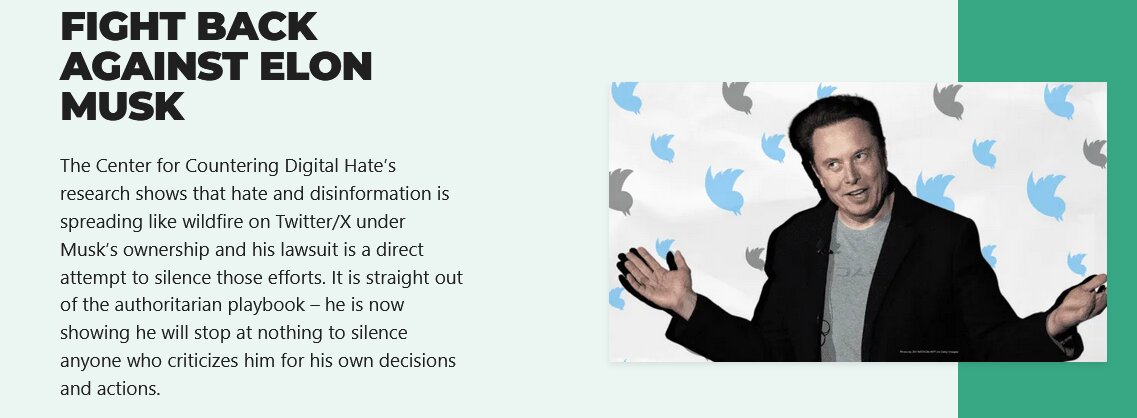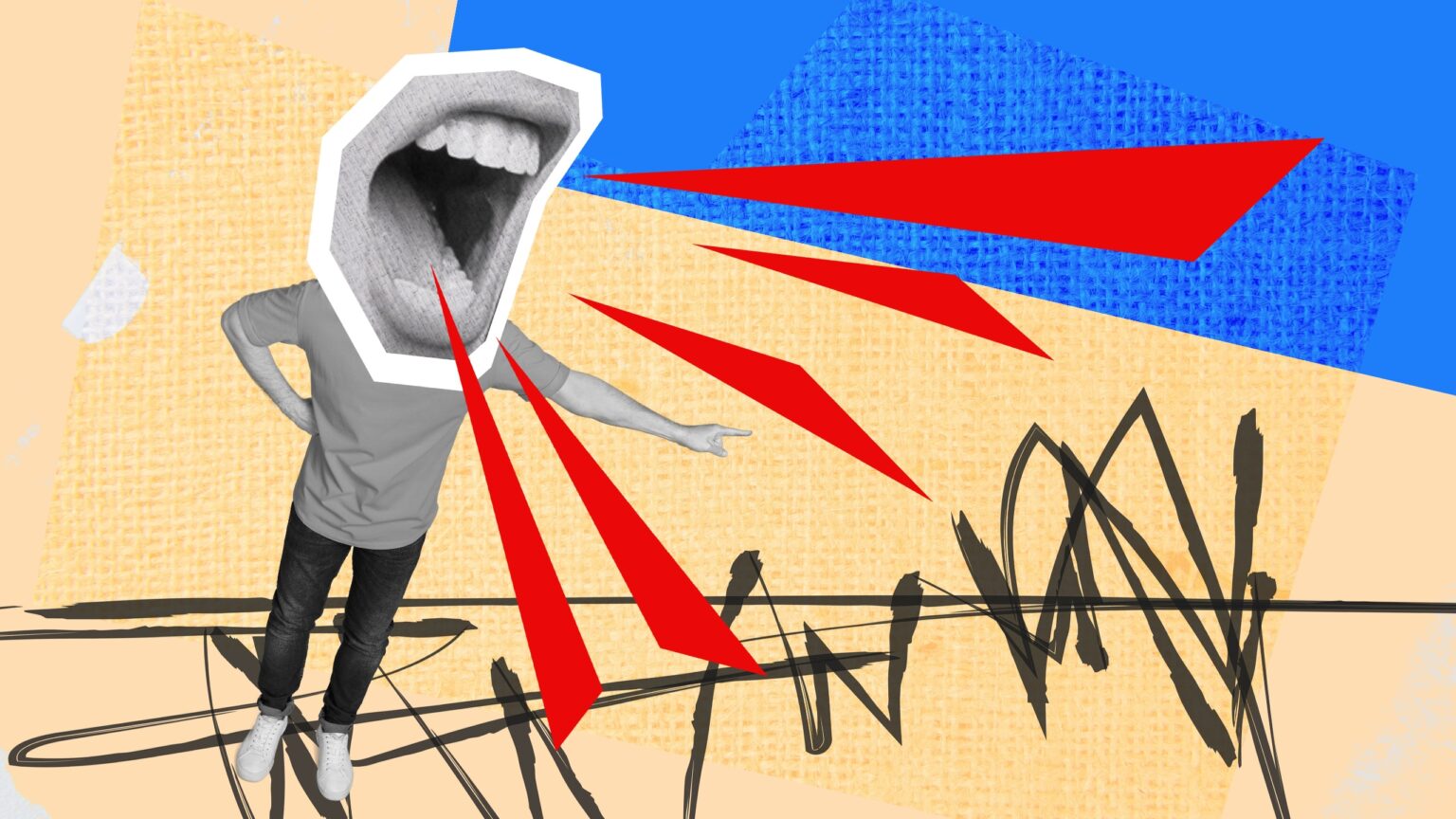Last July, X filed a lawsuit against the Center for Countering Digital Hate, alleging that the nonprofit had violated the terms of its user agreement by selectively using data to fabricate reports that claimed Musk was allowing X to turn into a haven for extremism, hate speech, and other misinformation.
On Thursday, Feb.29, a US judge hinted that he might drop X Corp’s lawsuit against a nonprofit organization that has denounced an increase in hate speech on the social media site that was formerly known as Twitter after Elon Musk took over.
U.S. District Judge Charles Breyer expressed doubts that the nonprofit could have predicted that Musk would purchase Twitter for $44 billion in 2022 and reinstate users it had banned for posting offensive material when it entered the standard user contract governing all Twitter and X users.
Also Read: Apple Redirects Car Team to AI Post-EV Market Slowdown
In a video conference, the San Francisco-based judge asked X’s lawyer, Jon Hawk, if it was foreseeable that Twitter would change its policy and allow these people to have access. He said that he’s trying to figure out, in his mind, how that’s possibly true because he doesn’t think it is.
According to Hawk, the nonprofit could have left X if it didn’t like Musk’s changes. He added that when CCDH agreed to stay on the platform, it agreed to its successors’ versions of the policy.
US judge signals Elon Musk's X may lose case against hate speech watchdoghttps://t.co/vDAaz193TJ
— 🌻 Val🟧🕊️(She/Her) (@vhill2016) March 1, 2024
X vs CCDH
The Center for Countering Digital Hate, a nonprofit that monitors hate speech on social platforms and issues warnings about an increase in hateful content, was sued by X in July, marking the start of the legal battle. Musk’s company claimed that CCDH’s reports caused it to lose millions of dollars in advertising by driving away business. It also stated that the nonprofit’s research had violated the platform’s terms of service and jeopardized users’ security by scraping posts using the log-in of another nonprofit, the European Climate Foundation.
Twitter Sues Nonprofit That Tracks Hate Speech
The Center for Countering Digital Hate said it had received a letter from X, Twitter’s parent company, accusing it of trying to hurt the social platform with its research.#MOGhttps://t.co/FMFrxmMuyR
— Michael O'Grady (@mog7546) August 1, 2023
CCDH responded by filing a motion to dismiss the case, claiming that it was an attempt to silence a critic of X with burdensome litigation using what’s known as a “strategic lawsuit against public participation,” or SLAPP.
Online hate watchdog moves to dismiss lawsuit from weird Elon Musk’s X https://t.co/FVTYog4H92
— Billbo (@Bill55664188) November 17, 2023
On Thursday, Feb. 29, Judge Charles Breyer of the Northern California District Court heard the arguments from the lawyers for CCDH and X to decide whether X’s case against the nonprofit will be allowed to proceed. The verdict of the case could establish a standard for exactly how tech companies and billionaires can go to silence their critics.

Tampering with Free Speech
John Quinn, a lawyer for the Center for Countering Digital Hate, stated that X’s lawsuit was against California’s so-called anti-SLAPP law, or strategic lawsuits against public participation, which was designed to prevent lawsuits intended to silence critics.
Additionally, he referred to it as “implausible” to suggest that the nonprofit was involved in scraping and said it could not be held accountable for advertisers’ “independent” decisions to sidestep X.
According to Quinn, CCDH used a tool that ran searches for certain people to see what public tweets were being put out, and then they commented on them. He added that X didn’t have any issues with that until advertisers reacted to the content of the report.
Quinn also said that granting Musk and X “the power to say, anybody who uses our search function and looks at tweets, if you use an automated tool in any way, we can come after you, sue you, drag you into court… runs straight into speech principles.”
However, X could file an amended complaint if Judge Breyer dismissed the case, but he did not specify when he would make a decision.









 and then
and then